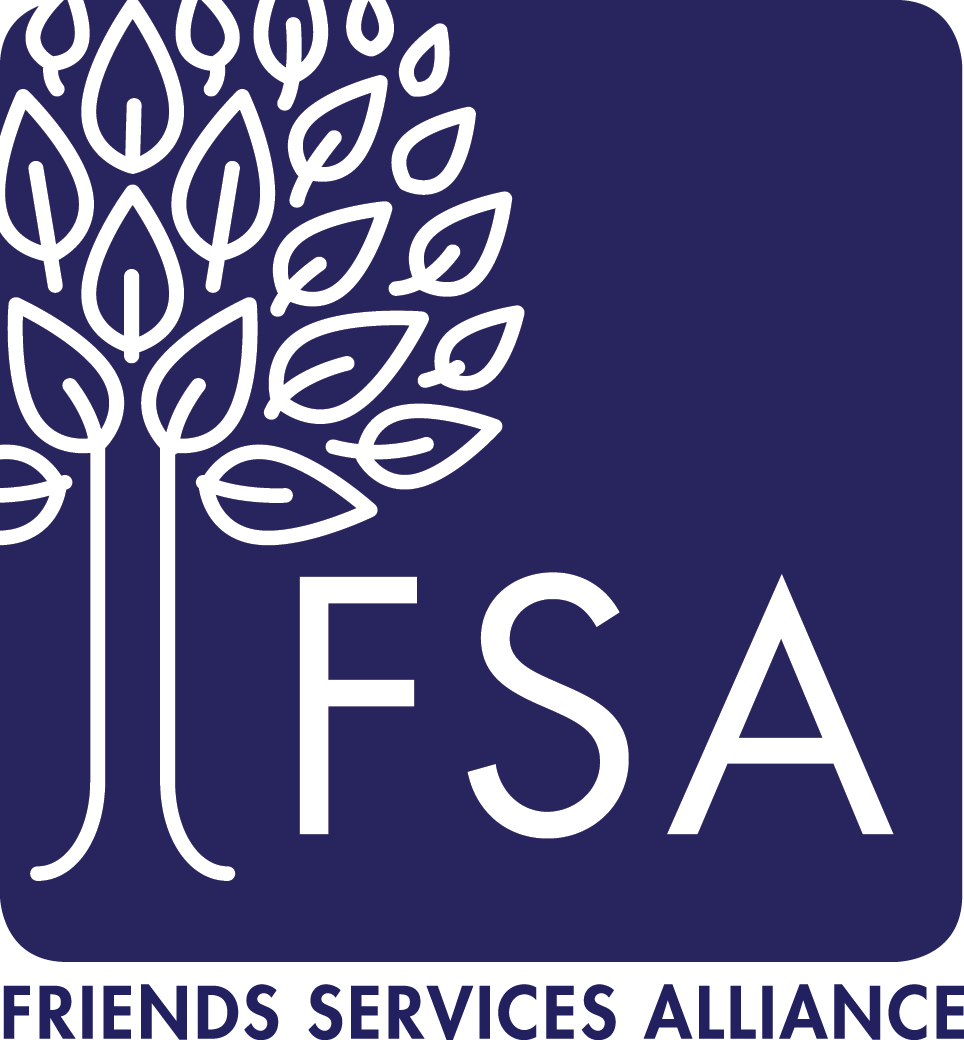The third essential element of an effective Compliance and Ethics Program is the screening and evaluation of employees, physicians, vendors and other agents. The purpose of this is to ensure that a health care organization does not hire a person or entity that has committed a violation against a federally funded health care program.
Hiring someone with a documented violation would, of course, put the organization at risk and increase the likelihood of serious penalties if violations should occur resulting from this oversight. The Office of Inspector General (OIG) issues guidance and updates to organizations regarding the expectations related to screenings and other compliance issues.
The OIG was established in the U.S. Department of Health and Human Services to identify and eliminate fraud, waste and abuse in its programs and to promote efficiency. Through a nationwide program of audits, inspections, and investigations, the OIG has the authority to sanction persons or entities who have engaged in fraud or abuse by excluding them from participation in Medicare, Medicaid and other Federal health care programs. To determine whether a person or entity has been sanctioned in this manner, health care organizations must perform screening through the OIG and the System for Award Management (SAM), a comprehensive database that is part of the General Service Administration (GSA) of the federal government. Health care organizations who participate in Medicaid must also do sanction screening through their state’s Medicaid Exclusion lists.
Exclusions are imposed for a number of reasons:
Mandatory exclusions: OIG is required by law to exclude from participation in all Federal health care programs individuals and entities convicted of the following types of criminal offenses: Medicare or Medicaid fraud, as well as any other offenses related to the delivery of items or services under Medicare, Medicaid, SCHIP, or other State health care programs; patient abuse or neglect; felony convictions for other health care-related fraud, theft, or other financial misconduct; and felony convictions relating to unlawful manufacture, distribution, prescription, or dispensing of controlled substances.
Permissive exclusions: OIG has discretion to exclude individuals and entities on a number of grounds, including (but not limited to) misdemeanor convictions related to health care fraud other than Medicare or a State health program, fraud in a program (other than a healthcare program) funded by any Federal, State or local government agency; misdemeanor convictions relating to the unlawful manufacture, distribution, prescription, or dispensing of controlled substances; suspension, revocation, or surrender of a license to provide health care for reasons bearing on professional competence, professional performance, or financial integrity; provision of unnecessary or substandard services; submission of false or fraudulent claims to a Federal health care program; engaging in unlawful kickback arrangements; defaulting on health education loan or scholarship obligations; and controlling a sanctioned entity as an owner, officer, or managing employee.
This is not something to take lightly. According to the OIG, an excluded person that submits a claim for payment to a Federal health care program, or causes such a claim to be submitted, may be subject to a civil money penalty of $10,000 for each claimed item or service furnished during the period that the person was excluded. They may also be subject to an assessment of up to three times the amount claimed for each item or service. In addition, violation of an exclusion is grounds for the OIG to deny re-instatement to Federal health care programs. Liability for services provided by an excluded person falls on the provider if they have not ensured that an appropriate exclusion screening was performed.
As an example, the Department of Justice reported on 2/19/20 that Guardian Eldercare Management (which operated more than 50 nursing facilities) and Guardian Rehabilitation Services paid well over $15 million to resolve a false claim allegation that they knowingly overbilled Medicare for medically unnecessary rehabilitation services and for receiving payment for ineligible services as a result of hiring two individuals who had been excluded from federal healthcare programs.
In addition to the sanction screening, skilled nursing facilities (SNFs) are prohibited by regulation §483.12 from engaging any staff, consultants, contractors or volunteers who have had an adverse action related to abuse that has been entered into the state nurse aide registry or other professional license entities. It also requires a SNF to develop policies and procedures for a screening process to be done prior to employment, which should include checking the state nurse aide registry for ALL staff, verifying all professional licenses with the state agency, performing criminal background checks (based on the state requirements), and performing sanction screens with the OIG, SAM, and state Medicaid oversight organizations.
The frequency of screening and who must be screened should be part of the organization’s policies and procedures. Sanction screening should be done prior to employment or engagement of services and then on a monthly basis. The sanction screening should be done for all employees; physicians and other providers who come on site or are off-site but included on a Medicare or Medicaid claim; volunteers with fiduciary responsibility (such as members of the Board of Directors); consultants; contractors; and vendors. We recommend that all of these entities be updated annually on the organization’s Code of Conduct and compliance expectations.
The screening process for all of these requirements can be very cumbersome and typically falls on the human resources department. Many organizations hire outside entities (such as FSA) to perform the sanction screenings and notify them of any exclusions identified. The organization’s screening policies and results should be an integral part of any Compliance and Ethics Program and on the agenda for the Compliance Committee meetings.
Reference: Special Advisory Bulletin on the Effect of Exclusion from Participation in Federal Health Care Programs Issued May 8, 2013 by Office of Inspector General, U.S. Department of Health and Human Services.
Friends Services Alliance (FSA) is a national professional association of values-aligned organizations that serve seniors. Our support services include a team of Compliance and Risk Management experts who have supported organizations in developing and maintaining effective Compliance and Ethics Programs for over 20 years.
Our next article, which will be available in October, will focus on Communication, Education and Training on Compliance Issues.




